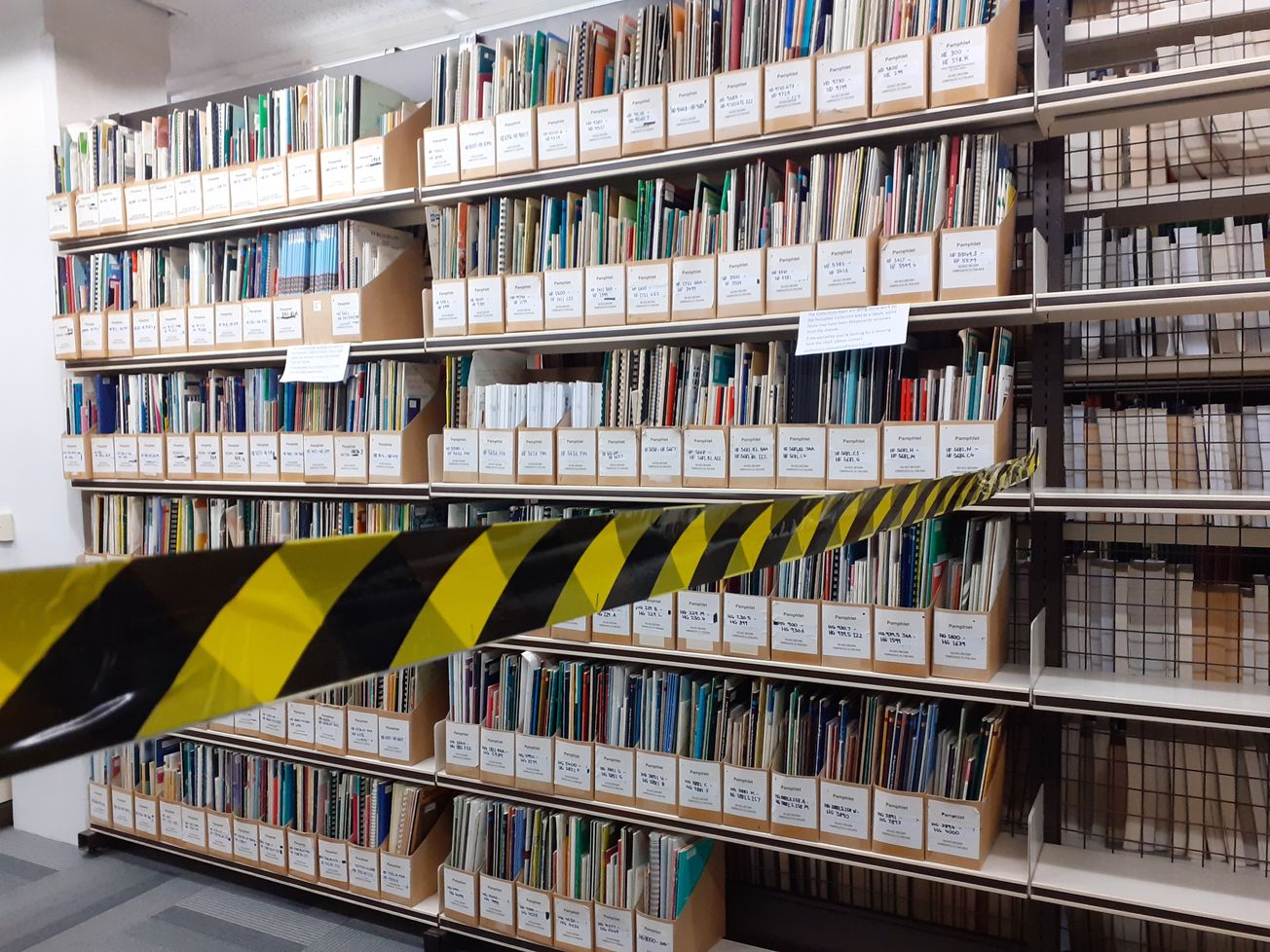By Brodie Neilson, Third Year, Sociology & Philosophy
It is very hard to live as a student, with even a slight interest in politics, and not be subject to either an epistemic bubble or an echo chamber. Some would say impossible.
In light of our changing political landscape many have claimed that we live in a post-truth world. It’s very understandable to come to such a conclusion as a student, especially given the seeming excess of erred thinking on the internet, too much of it being rather serious.
However, the truth is that discourse often confuses two distinct social epistemic phenomena: epistemic bubbles and echo chambers. It’s profitable for students to understand what they are, how they’re distinct, and why it’s important not to confuse the two.
An epistemic bubble occurs where some voices, opinions and facts have been left out, accidentally or not. An example of this would be social media algorithms. They feed you media which they think you’ll like, which is by and large media in line with your world view.
This prevents those inside such bubbles to be exposed to all of the relevant information on a given topic, namely the information they don’t agree with. Since the omission of information in an epistemic bubble is the only issue, popping an epistemic bubble is relatively easy. One simply needs exposure to the information that’s been omitted.
Echo chambers, on the other hand, occur when other relevant voices are actively excluded or discredited. Here people are systematically brought to distrust outside sources.
Popping an epistemic bubble is relatively easy
Partisan news corporations are guilty of this. They feed their audience with a heavily-skewed take on events, incorporating reasons to inflate the credibility of those inside the echo chamber, for example a news anchor, and deflate the credibility of those they don’t favour outside of it.
Echo chambers are much harder to escape because even a person acting with good intentions may have their beliefs manipulated by social circumstances. Escaping an echo chamber requires, at times, a radical rebooting of one’s belief system.
One of the key distinctions between these two concepts is that epistemic bubbles exclude through omission whilst echo chambers exclude through manipulating trust and information. It’s important that we respect and understand these differences. If we don’t, we risk undermining the manipulation and deception involved in echo chambers that are absent in epistemic bubbles.
An epistemic bubble occurs where some voices, opinions and facts have been left out
Those in epistemic bubbles still maintain an appreciation of the credibility of those they disagree with, they are just naïve to them. As argued by C. Thi Nguyen in his article on the topic, appreciating the distinction of the two topics can help us to better understand the apparent resistance of some groups, like climate change deniers and anti-vaccination groups, to clear evidence opposing them. These are beliefs with no proper evidence to support them, and overwhelming evidence proving them wrong.
Understanding these differences will help students like us realise the extent to which contemporary political issues are inextricably tied with the changing ways in which we receive information. It will help students combat the prevalence of epistemic bubbles and echo chambers, and give insights into how we might better structure and regulate the platforms that give rise to them.
‘Hatred has no place in our city’: Thangam Debbonaire and Rachel Riley call for action to be taken against Bristol professor
Opinion | ‘Insta-activism’ isn’t the only solution, organisations still need real activism as well
Moreover, it will help us appreciate the perils that come with being caught in an echo chamber, making our disagreements all the more productive by allowing us to properly engage with issues and explore alternative views. This does not mean that our views will change altogether. If anything, this will mean the arguments our generation of students presents will become even more grounded and logical, and therefore more merited.
Featured Image: Epigram / Molly Pipe
Do you think social media platforms contribute to echo chambers?








